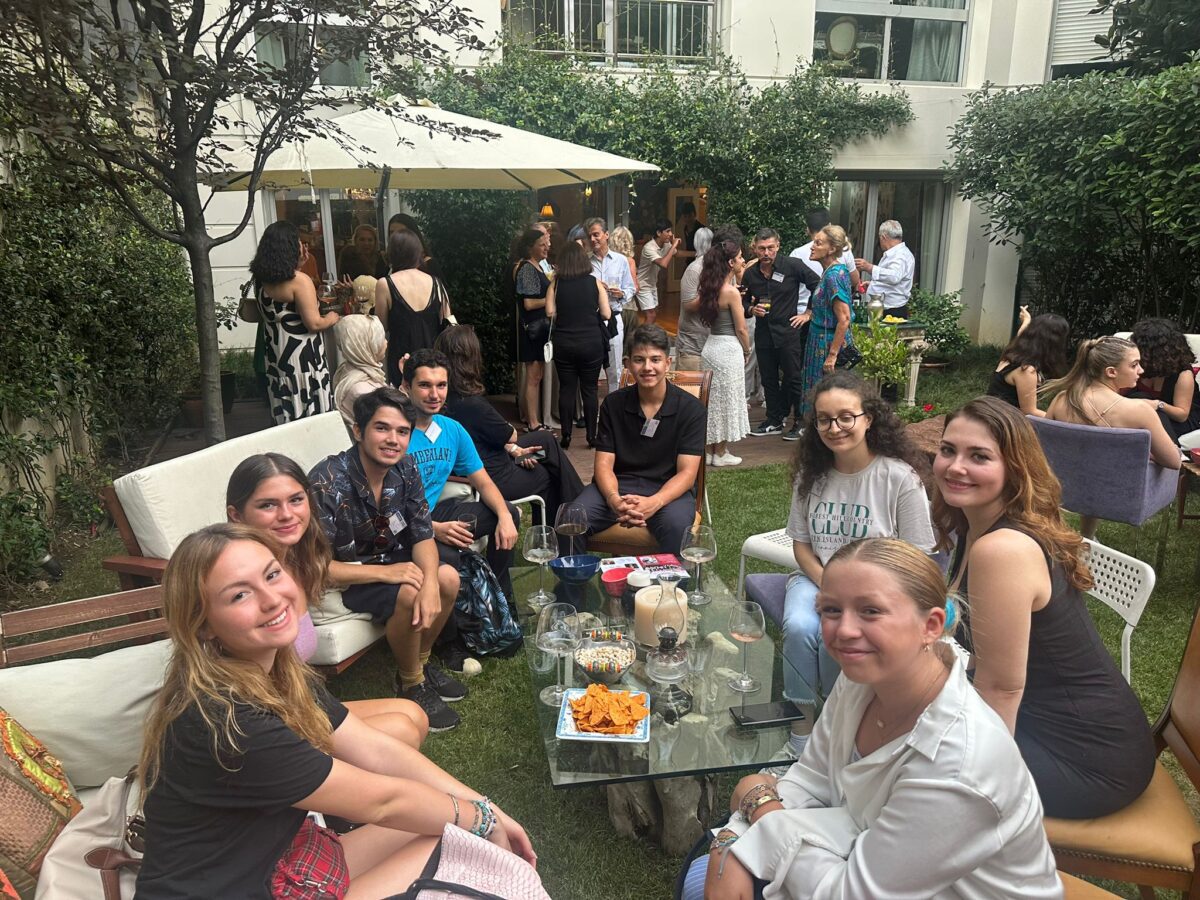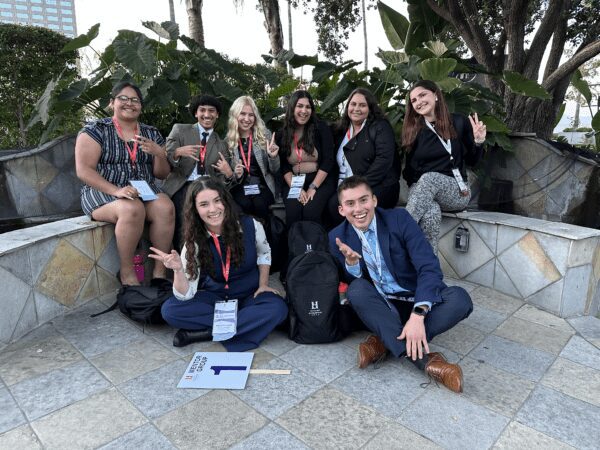First-generation university students face unique challenges in balancing academics, work, family responsibilities, and navigating the complexities of the college experience. With an often demanding schedule, finding time for extracurricular activities might seem daunting. However, finding a network of support and joining communities opens doors you never knew existed.
Explore how extracurricular activities for first-generation college students can open doors to new opportunities, enhance personal growth, and set the foundation for future success.
Building a Professional Network Through Extracurriculars
Extracurricular activities provide invaluable opportunities for first-generation university students to build professional networks. Unlike their peers from college-educated families, first-generation students may lack inherited professional connections. Professional contacts and a knowledge of various career paths allows university students and recent graduates to have a leg up when applying to jobs or internships. Engaging in activities outside the classroom allow you to meet professionals in various fields, learn about diverse career paths, gain mentors and role models, and develop relationships that can lead to internships and job opportunities.
For example, joining a professional student organization on campus or joining online opportunities like the Aspire Leaders Program can connect students with industry professionals and peers pursuing diverse paths, possibly providing access to exclusive networking events or mentorship sessions.
Developing Essential Soft Skills
While technical skills are important, employers increasingly value soft skills in potential hires. Extracurricular activities offer perfect opportunities to develop abilities in communication, teamwork, leadership, time management, problem-solving, and adaptability. Many employers seek candidates who have certain soft skills that showcase their ability to learn and grow within an organization.

Programs like the Aspire Leaders Program focus specifically on cultivating these skills in first-generation university students and recent graduates. Through workshops, peer-to-peer learning, and live discussions with a global cohort and world-class educators, participants can hone these abilities in a supportive community.
Boosting Self-Awareness and Confidence
Many first-generation college students experience imposter syndrome, feeling out of place or undeserving of their achievements. Extracurricular involvement can significantly boost confidence and self-awareness by feeling a sense of belonging, gaining new experiences outside of the classroom, achieving success beyond academics, and understanding and leveraging your unique strengths.
Identifying your strengths and building your self-awareness becomes crucial for overcoming imposter syndrome. One part of the Aspire Leaders Program is a strengths-based leadership assessment which helps participants identify their personal talents and think about their next steps, building confidence as they enter new academic and professional settings.
Enhancing Your Professional Profile

In today’s competitive job market, a strong GPA alone will not be enough to stand out. Extracurricular activities can significantly enhance a first-generation student’s professional profile. Programs like the Aspire Leaders Program provide workshops on LinkedIn profile optimization, resume crafting, and interview skills. These practical sessions alongside other activities in your community can help first-generation students translate their extracurricular experiences into compelling professional narratives. Exploring programs outside of your studies also highlights other key soft skills. It demonstrates your initiative and leadership, showcases your time management and work ethic, and offers experiences to discuss in interview or networking situations.
Conclusion: Embracing Extracurriculars as a Path to Success
While academics remain crucial, extracurricular activities serve as a vital complement to classroom learning for first-generation college students. They provide a guiding force through unfamiliar territory, laying a strong foundation for future success. By participating in these activities, first-generation university students and recent graduates can:
- Build robust professional networks
- Develop essential soft skills
- Boost self-awareness and confidence
- Enhance their professional profiles
Despite the challenges and unfamiliarity that college may bring, first-generation students should view extracurriculars not as optional extras, but as integral components of their educational journey and future success.
Are you a first-generation college student looking to enhance your leadership skills and expand your network? Learn more about the Aspire Leaders Program and take the first step towards your future success today!
Are you interested in further supporting first-generation college students in your network? Reach out to communicationsteam@aspireleaders.org to discuss potential partnership and collaboration opportunities. The Aspire Leaders Program is available online to young leaders in all countries worldwide.



